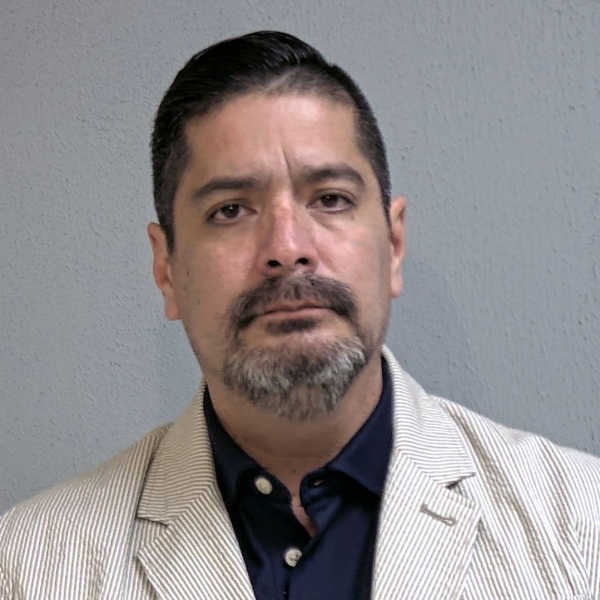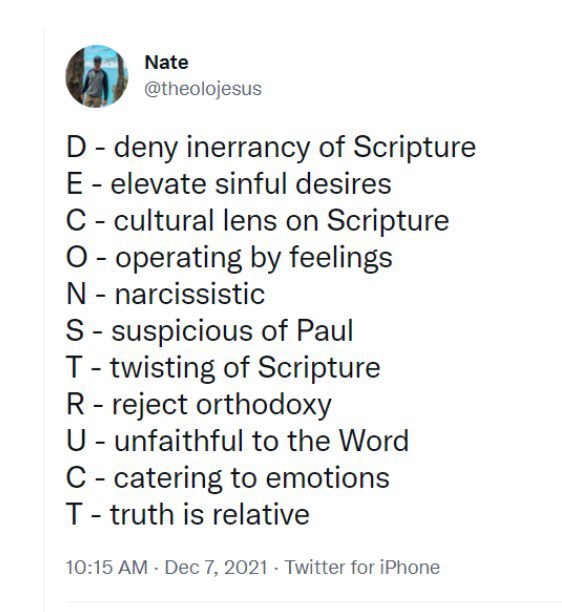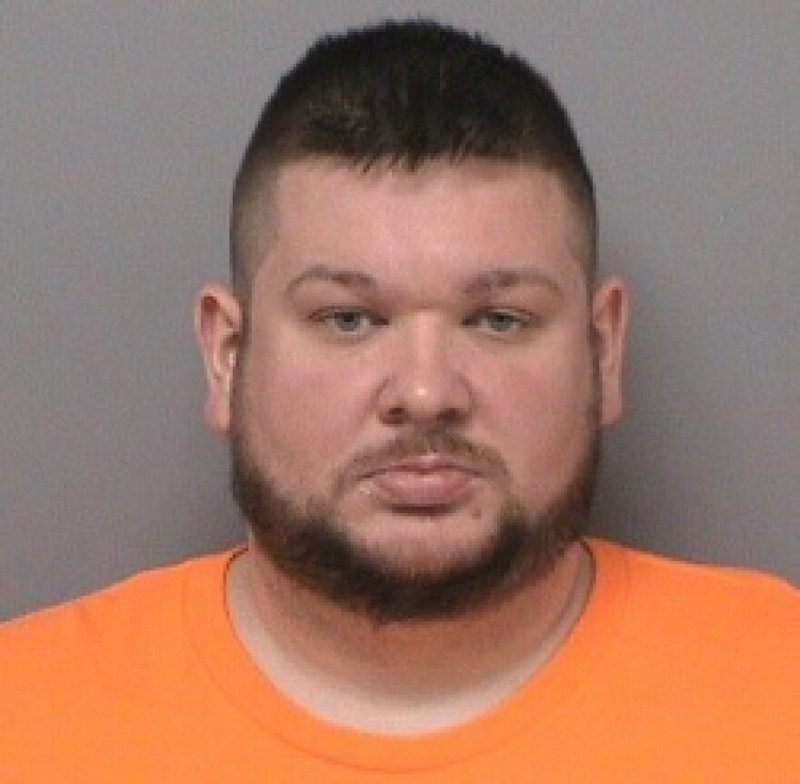
A popular brand of Christianity among ex-Evangelicals is what I call “No Bible Christianity.” Several of my Facebook friends were promoting the idea that one can believe in Jesus without believing the Bible. The idea, of course, is to distance themselves from Bible teachings they find distasteful, violent, hateful, misogynistic, and racist. Wanting to hang on to some form of faith, “No Bible Christians” jettison the foundation of Christianity for a version of Jesus that they have shaped in their own image. Not wanting to join atheists or agnostics, No Bible Christians” cobble together a Christianity that works for them; that allows them to “believe.”
The problem, of course, is that there is no Jesus — in a meaningful sense, anyway — apart from the Bible. The Bible tells everything we know about Jesus. Apart from the Bible, we know almost nothing about the man. We certainly don’t know what he taught. Every word allegedly uttered by Jesus is found in the gospels. Without the Bible, we have no idea what Jesus said (and may not know even with the Bible). Without the Bible, we have no idea how Jesus lived, what he preached, or what good works he performed. How, then, can we believe in, worship, and follow Jesus without the Bible? We can’t. No Bible, no Jesus. Further, “No Bible Christians” generally have specific moral, ethical, and theological beliefs. Where did these beliefs come from? The Bible.
The Abrahamic religions — Christianity, Islam, and Judaism — are text-based religions. Remove the text and the religion collapses. Sure, there was a short time when first-century Christians relied on the oral transmission of stories and teachings to promote the various flavors of Christianity, but within one hundred years, the texts that would one day be codified into what we now call the Bible, were written and circulated. I suppose, “No Bible Christians” could hang their hats on the early days of Christianity — see, no Bible — but this seems, at least to me, to be a disingenuous argument; that every belief held by them finds its foundation in the Bible.
I understand why “No Bible Christianity” appeals to people. I would still be a Christian today if my Bible only contained the Sermon on the Mount, Matthew 25, and a handful of other passages of Scripture. That’s a Jesus I can worship and follow — even if I didn’t believe he was divine. (And let me be clear, some of Jesus’ teachings and behaviors are problematic. Taken as a whole, I find the Sermon on the Mount to be inspiring; a compilation of moral/ethical teachings all of us would benefit from following. Of course, I say the same thing about Marcus Aurelius’ “Meditations” and Wendell Berry’s teachings.)
I find “No Bible Christianity” to be intellectually lacking. While I understand the motivations of people who embrace a Jesus without the Bible, I can’t find a way to embrace this belief and still be rationally and intellectually honest.
If you are a “No Bible Christian,” I would love to have you explain how it is possible to know anything about Jesus and his teachings without the Bible. Maybe you are a “Partial Bible Christian” — someone who, much like Thomas Jefferson, excises from the Bible anything you consider irrational or harmful. What hermeneutics and interpretive tools do you use to determine what you believe and what you are willing to cast aside? I find no cohesive, intellectually rigorous way to do so. It seems, at least to me anyway, that when it comes to the Bible, it is all or nothing (rightly interpreted, of course).
Bruce Gerencser, 68, lives in rural Northwest Ohio with his wife of 47 years. He and his wife have six grown children and sixteen grandchildren. Bruce pastored Evangelical churches for twenty-five years in Ohio, Texas, and Michigan. Bruce left the ministry in 2005, and in 2008 he left Christianity. Bruce is now a humanist and an atheist.
Your comments are welcome and appreciated. All first-time comments are moderated. Please read the commenting rules before commenting.
You can email Bruce via the Contact Form.









